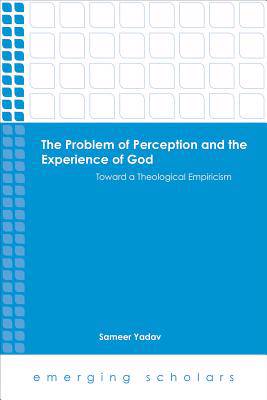
- Retrait gratuit dans votre magasin Club
- 7.000.000 titres dans notre catalogue
- Payer en toute sécurité
- Toujours un magasin près de chez vous
- Retrait gratuit dans votre magasin Club
- 7.000.000 titres dans notre catalogue
- Payer en toute sécurité
- Toujours un magasin près de chez vous
The Problem of Perception and the Experience of God
Toward a Theological Empiricism
Description
A fundamental problem in Christian theology has been that of determining whether God can be an object of experience and how we should account for God's empirical availability to us. Can experiences of God serve to inform and justify our theological beliefs and practices? The central claim in this work is that there is a radical mistake in many contemporary accounts that require grounding a theological story of Gods availability to us in experience in a prior general philosophical theory of perception. Instead, it is argued that the philosophical problem of perception is a pseudoproblem and that in virtue of their entanglement with that pseudoproblem, the influential accounts of Christian religious experience, such as in Jean-Luc Marion, Kevin Hector, or William P. Alston, are at bottom incoherent. The study concludes with a new reading of Gregory of Nyssa and his theology of the spiritual senses, which is free from the bewitchment of the problem of perception. This critical retrieval of Nyssen opens the path toward a viable contemporary theological empiricismone that characterizes both tasks of theological contemplation and spiritual formation in terms of a receptivity and responsiveness to the perceptible presence and agency of God in the world.
Spécifications
Parties prenantes
- Editeur:
Contenu
- Nombre de pages :
- 400
- Langue:
- Anglais
- Collection :
Caractéristiques
- EAN:
- 9781451499735
- Date de parution :
- 01-06-15
- Format:
- Livre relié
- Format numérique:
- Genaaid
- Dimensions :
- 152 mm x 229 mm
- Poids :
- 866 g






